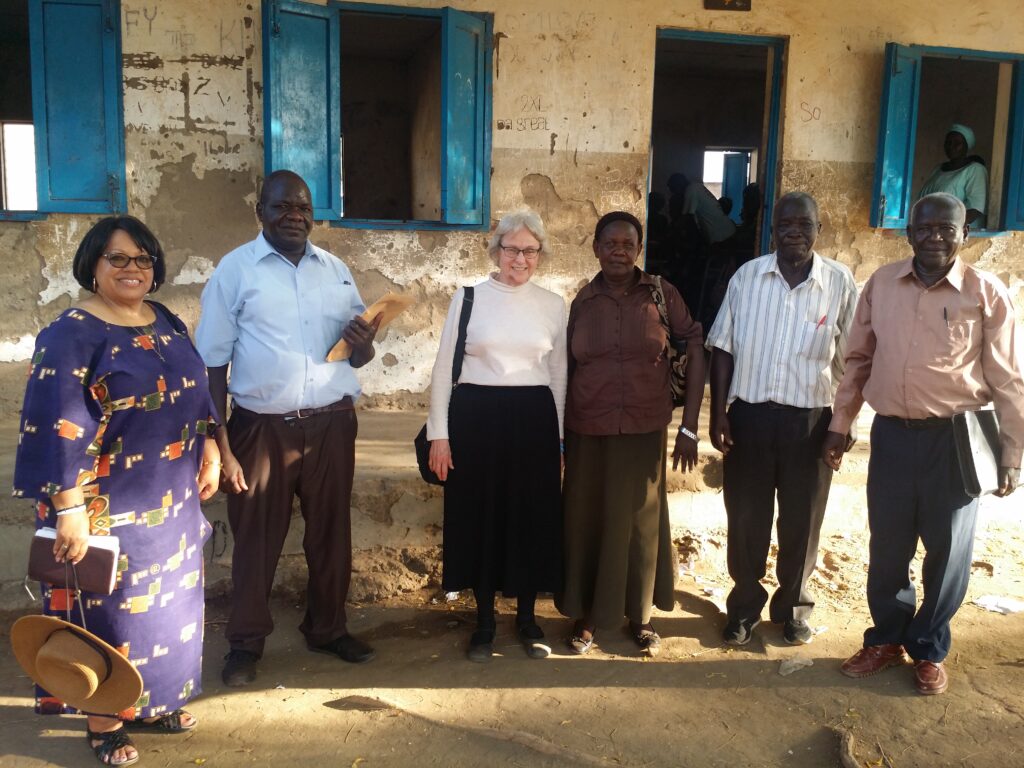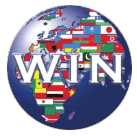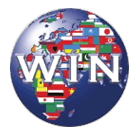Brief History of WIN-CRU Transatlantic Partnership

South Sudan is the newest country in the world. Once the largest country in Africa, “The Sudan” split into two countries in July 2011. Although the succession was peaceful, the Christian majority of South Sudan was initially engulfed in a devastating civil war with northern Sudan that killed more than 2.5 million people. The 22-year war with the northern Arab part of Sudan destroyed a generation of South Sudanese’s chance for quality education and left the country poverty-stricken.
The literacy rate in South Sudan is the lowest in the world due to years of war with the Arab north and recently among its local tribes since South Sudan gained its independence. The first step towards transformation is taking the crucial step of educating South Sudan’s citizens. This is a similar strategy used by ex-slaves after slavery officially ended in the United States. Ex-slaves understood that their children needed a good education to survive. Education is a game changer in every nation.
Tribal war broke out in South Sudan in December 2013 and ended in February 2020, nearly 400 thousand people killed. More than 4 million were internally displaced or fled to Uganda and Sudan, neighboring countries. The fledgling nation lost much of its skilled workforce to the war. The youth and children were also used as soldiers. At the end of the civil war, famine flooded the country and continued to ravish the land. Some doubt the survival of the young fledging nation of South Sudan.
Minister Beverly Pegues-Tucker led teams to northern Sudan 3 times and South Sudan 8 times. In subsequent years they brought learning materials, food, grains, beans, maize, vegetable seeds, and water filters during their humanitarian aid mission. The team included Dr. Martha Cooper, whose father had served in USA-Aid in northern Sudan, Africa. As a result, Martha and her family relocated to be with her father for one year when she was 13 years old.
Pastor Gabriel Lagu Nicholas Oling, the Director of Cru, a Christian NGO, attended the Window International Network’s Leadership Training in Juba in January 2012 and March 2013. The leaders impressed Beverly’s teachings on the Seven Mountains That Transform Society and invited her back to learn more.
In 2014, the WIN-Cru Trans-Atlantic Partnership was formed with 25 Learning Centers. This project teaches South Sudanese children and adults how to read, write and speak English. Teaching English is essential because the country’s national language changed from Arabic to English after independence. To qualify for a government job and most NGOs, applicants must understand English. We estimate that our partnership is responsible for more than 3,500 people learning English.
The Learning Centers brought students of all ages, including a 60-year-old elderly gentleman. He passed the P8 exam that qualified him to attend the 8th grade. At 60, he wore his school uniform and went to school with youngsters!
In addition, we brought in an expert to teach the South Sudanese how to grow crops with a minimal water supply and how to use simple items to filter water. Some teachers continue to grow food that is helping to sustain their families during these difficult times.
Due to the Covid 19 pandemic, the WIN-Cru Learning Centers were reduced to 11. WIN will lead a team to South Sudan in October 2022 to encourage and train the volunteer teachers. They will purchase food consisting of grains, maize, beans, oil, water filters, and buckets. They will also purchase educational materials, including books, composition papers, notebooks, chalk, blackboard materials and paint, pencils, sharpeners, and erasers. WIN will purchase humanitarian aid items in Juba, South Sudan, to help with the circulation of money in the country. The aid will benefit 900 students and 60 teachers who are part of the WIN-Cru Partnership Project in South Sudan.

